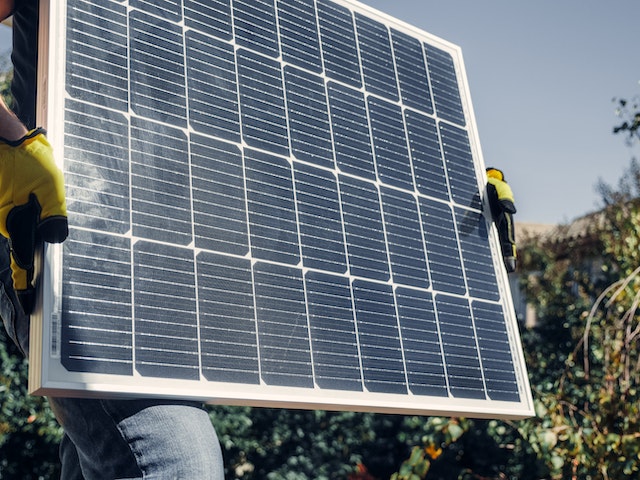Energy poverty, a severe issue that affects billions of people around the world, is characterized by limited or no access to electricity and modern energy services. Such deprivation has far-reaching consequences on the economy, environment, education, and healthcare systems. Solar panels, however, have the potential to turn the tide against energy poverty by providing a sustainable and affordable solution to people in remote and underprivileged areas. In this blog, we will discuss how solar panels can contribute to reducing energy poverty and transforming lives around the world.
Decentralized Energy Generation
One of the main challenges in addressing energy poverty is providing power to remote and off-grid areas. Many people in developing countries live far from urban centers, making it costly and difficult to extend electricity grids. Solar panels offer a decentralized energy solution, allowing communities to generate power locally without the need for a centralized grid. Solar microgrids and individual solar systems can provide electricity to homes, schools, and healthcare centers, improving the quality of life and promoting socio-economic development.
Affordability and Accessibility
Solar panels have seen a significant reduction in cost over the past few years, making them more accessible to low-income households. In many countries, the cost of solar-generated electricity is now lower than conventional energy sources. This affordability enables more people to invest in solar technology, helping them escape energy poverty. Furthermore, solar power systems require little maintenance and have a long lifespan, which can result in long-term cost savings for households.
Job Creation and Economic Growth
The solar industry has the potential to create numerous jobs and spur economic growth in areas affected by energy poverty. Job opportunities range from manufacturing, installation, and maintenance to sales and marketing roles. By providing new employment opportunities, solar energy can help alleviate poverty and empower individuals and communities to become self-sufficient. Additionally, access to reliable electricity can enable small businesses to flourish, driving economic growth in underdeveloped regions.
Education and Healthcare
Access to electricity can have profound impacts on education and healthcare, two critical sectors often compromised by energy poverty. Solar panels can power schools, providing students with access to computers, internet, and other educational resources, promoting digital literacy and better learning outcomes. At the same time, solar energy can supply power to healthcare facilities, enabling them to operate medical equipment, refrigerate vaccines, and provide essential services, improving the overall health and wellbeing of communities.
Climate Change Mitigation
The widespread adoption of solar panels can help combat climate change by reducing the reliance on fossil fuels and lowering greenhouse gas emissions. As a clean and renewable source of energy, solar power can play a significant role in the global transition to a low-carbon economy. By promoting solar energy in areas affected by energy poverty, we not only provide people with access to electricity but also contribute to the fight against climate change.
Gender Equality and Women Empowerment
Energy poverty disproportionately affects women and girls, as they often bear the burden of collecting firewood or other fuel sources for cooking and heating. The introduction of solar panels can ease this burden by providing clean electricity for household use, freeing up time for women to pursue education, employment, and other activities. Furthermore, solar-powered appliances, such as cookstoves and lighting, can improve safety and reduce the health risks associated with traditional fuel sources.
Scalability and Adaptability
Solar panels are highly scalable and adaptable, allowing them to be tailored to the needs of individual households, communities, or regions. From small solar lanterns to large solar farms, solar technology can be implemented at various scales to address different levels of energy poverty. Additionally, solar power systems can be upgraded and expanded as needed, ensuring that communities can continue to access electricity as their needs grow and evolve.
Solar panels have the potential to revolutionize the way we address energy poverty around the world. By offering a decentralized, affordable, and sustainable solution, solar energy can empower millions of people and transform entire communities. From improving education and healthcare to creating jobs and fostering economic growth, the benefits of solar power are far-reaching and life-changing.
As we continue to strive for a more sustainable and equitable world, it is crucial that we prioritize the global adoption of solar energy. Governments, businesses, and individuals all have a role to play in promoting solar power and investing in the infrastructure needed to make it accessible to those who need it most. By doing so, we can help reduce energy poverty, improve the quality of life for billions of people, and create a brighter future for generations to come.
In conclusion, solar panels can be a powerful force for change, alleviating energy poverty and improving lives across the globe. It is up to us to embrace this technology and make the most of its potential, ensuring that no one is left behind in the transition to a cleaner, more equitable world.
